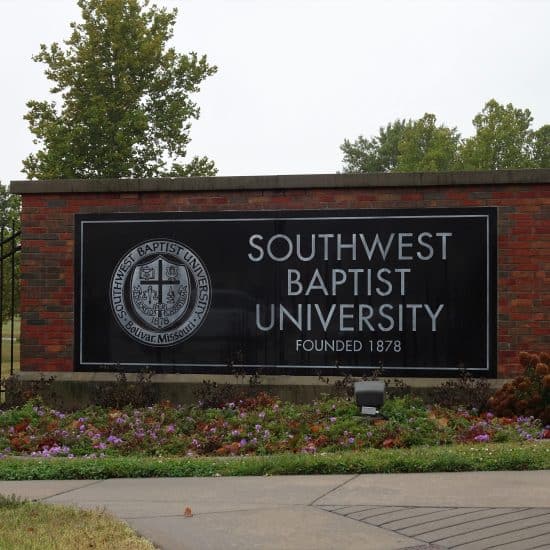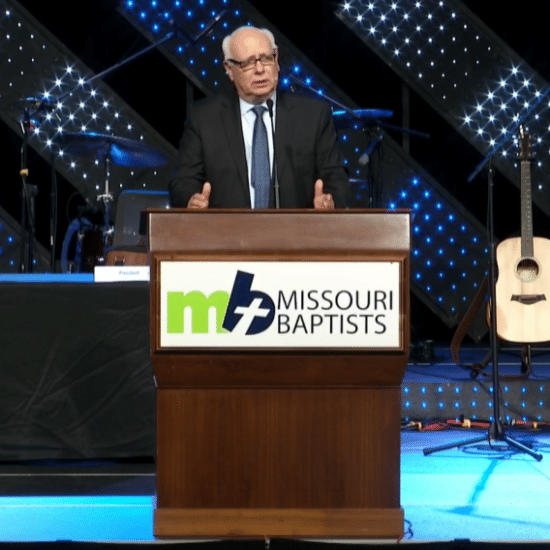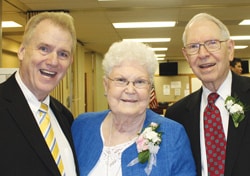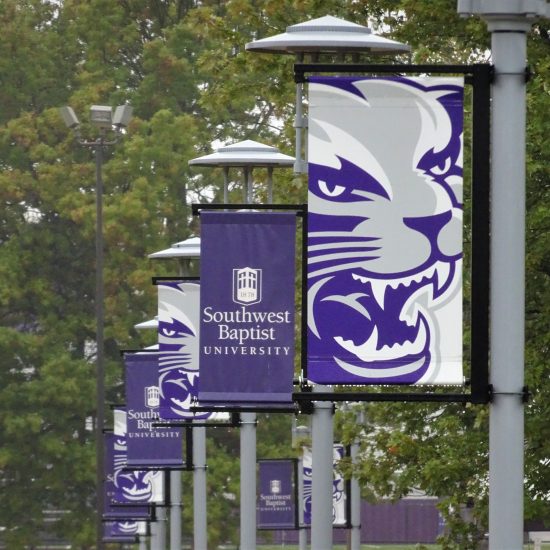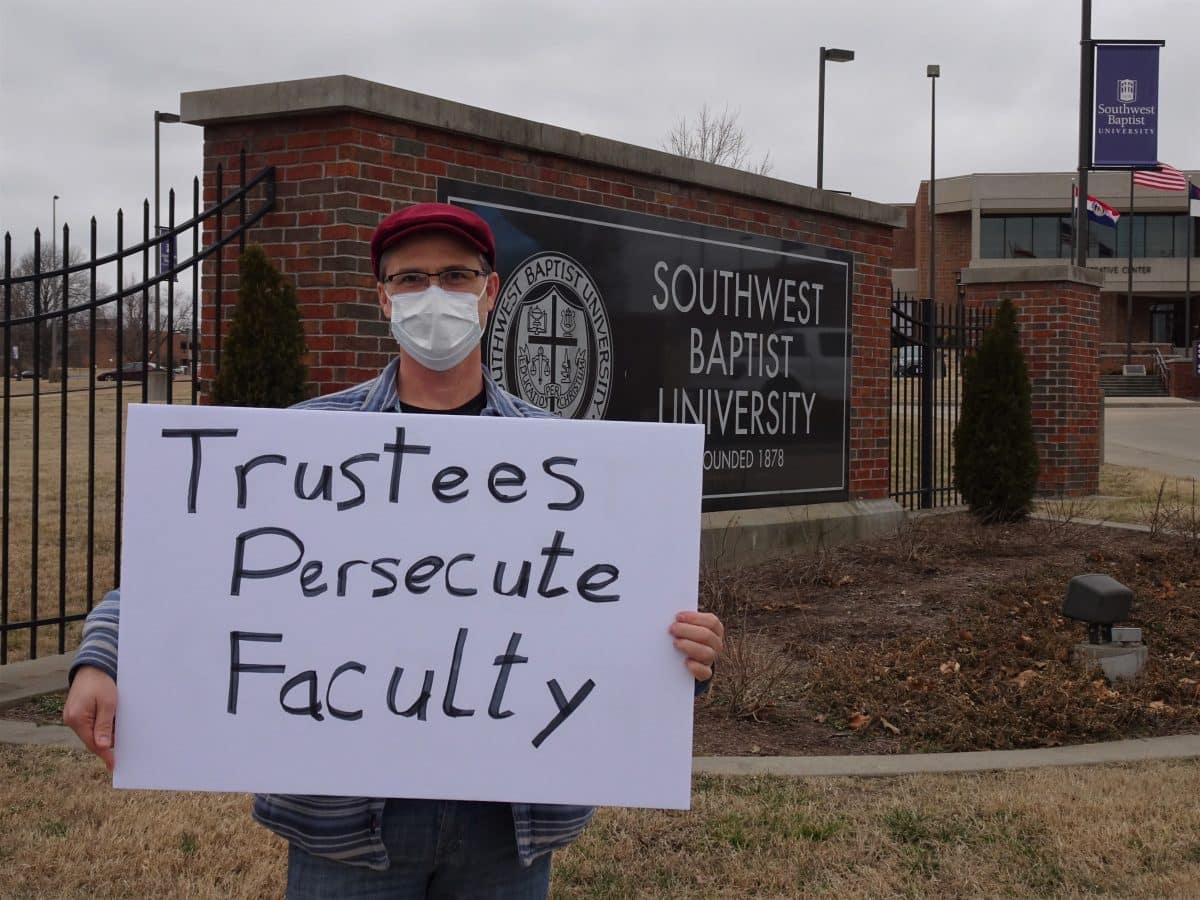
On Friday (March 12), the faculty at Southwest Baptist University in Bolivar, Missouri, held a vote of “no confidence” in the school’s Board of Trustees, with 60% of the vote backing the resolution. However, the faculty will redo the vote after concerns about the process emerged over the weekend.
Although the full faculty voted on the resolution Friday after hours of debate over a morning and afternoon session, a question was raised after the vote about a bylaw rule requiring the smaller Faculty Senate first refer an issue for a vote to the full Faculty Assembly. Even though this procedural objection was not raised until after the vote, Tom Sneed, president of the Faculty Senate, decided Saturday that the “no confidence” vote should be redone to avoid any questions about it being an official vote or not.
Faculty votes of “no confidence” in a collegiate trustee board are non-binding since the faculty do not control the trustee selection process. They are instead significant symbolic messages sent to the leadership of a school in hopes to sparking changes. Thus, it’s possible the SBU Board of Trustees could still respond to the unofficial vote of “no confidence” as a sign of campus discontentment with trustee actions.
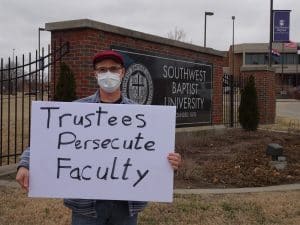
Part of a Feb. 26 rally at Southwest Baptist University to support professors targeted for dismissal by SBU trustees. (Brian Kaylor/Word&Way)
The vote came after the trustees denied tenure or promotion to multiple faculty members who had been approved at all previous levels, including division chair, dean, and provost. The Faculty Senate on Feb. 13 passed a resolution affirming those professors and requesting the trustees meet with a faculty delegation about the denials and explain in writing the justifications for the decisions.
A meeting between some trustees and professors occurred on Feb. 26. However, a written explanation for the denials was not forthcoming. The school’s interim president, Brad Johnson, sent a vague letter on Thursday that said trustees had unspecified “concerns” about the targeted professors’ “effectiveness in ‘carrying forth the mission of the university.’”
With the school on Spring Break this week, the Faculty Senate’s Executive Committee will meet on March 22 to discuss the “no confidence” resolution, with them likely calling an emergency meeting of the Faculty Senate by the end of the month. Assuming the resolution passes those two groups, a new meeting of the Faculty Assembly would then be scheduled to vote again on the “no confidence” resolution.
Sneed explained to his colleagues that the new vote would ensure the vote could not be considered illegitimate.
“One of the major findings of fault that many faculty have with the actions of the Board of Trustees involves a failure to follow proper procedure. We must be sure that our internal procedures are followed without room for criticism,” he wrote.
As Sneed noted, significant concerns have been raised about the procedures employed by trustees. In addition to concerns about a group of trustees this year interviewing the faculty who applied for tenure or promotion, faculty earlier this academic year raised concerns about the process leading to the elimination of the philosophy program and the position of the tenured philosophy professor. And multiple individuals have filed petitions with the Circuit Court of Polk County to argue that SBU trustees violated their fiduciary responsibility to SBU and other contractual obligations by approving new governing documents.
Additionally, concerns have been raised about the elections of some of the very trustees the faculty are voting against with the “no confidence” resolution. Amid the more than two-year controversy at SBU, the Missouri Baptist Convention’s Nominating Committee violated its own official procedures as well as decades of practice to reject SBU’s trustee nominees and instead put forth different candidates.
Last year, the MBC changed its nominating rules to match how the Nominating Committee was already treating SBU. At the MBC’s annual meeting in October, the then-acting chair of SBU’s Board of Trustees made several motions to challenge the new nominating rules, but MBC leaders referred those motions to the MBC Executive Committee instead of allowing messengers to vote on them.


